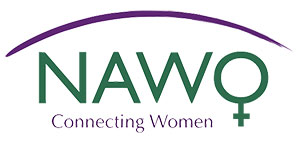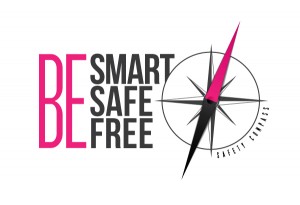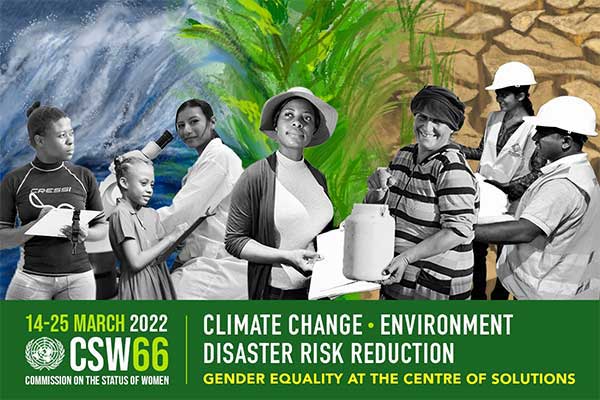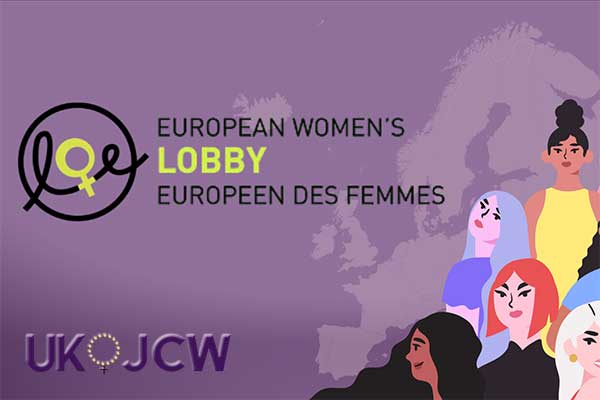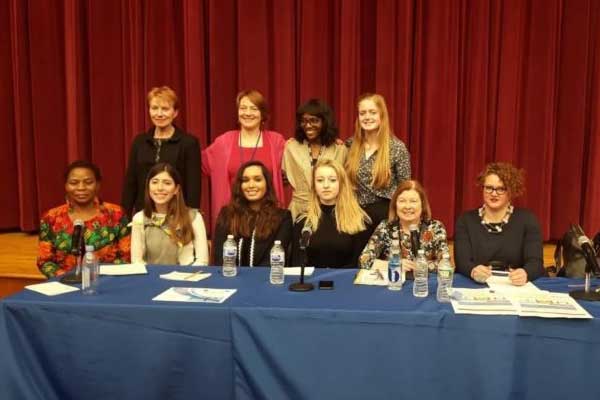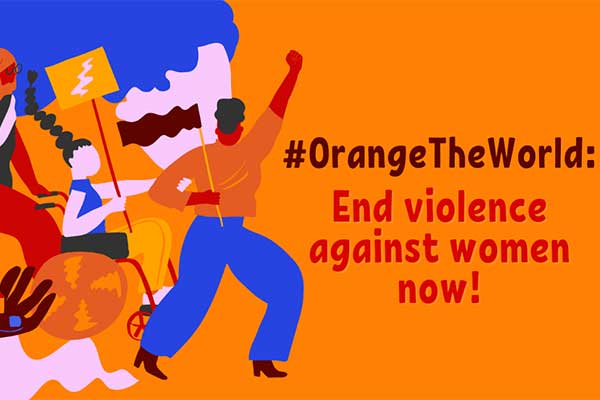Safety Compass
The Project
NAWO is part of this European Commission-funded project in partnership with Marta (Latvia), The Ministry of the Interior of the Republic of Latvia, the State Inspectorate for Protection of Children’s Rights (Latvia), Youth with a Mission, MTÜ Eluliin (Estonia) and Women@thewell (UK).
The project aims to:
- raise awareness about the latest forms of human trafficking, as well as the risks and recruiting tendencies on the internet and social networks;
- reduce the demand for services and products provided by victims of human trafficking and to facilitate fair trade;
- reduce instances of human trafficking by promoting greater inter-institutional cooperation between the public, private and non-governmental sectors, and by developing exit/support programmes for victims;
- develop international referral mechanisms for the support and protection of trafficking victims between Estonia, Latvia and Great Britain
Project Activities:
- An internet study – recruitment mechanisms, latest tendencies and forms of the sex trade, e.g. fictitious marriages;
- Challenging demand and provision of human trafficking services through creative activities/campaigns;
- Elaboration of functional exit/support programmes for victims of sex trade/fictitious marriages;
- Exchange of experience of exit programmes in Estonia, Latvia and Great Britain, through round table discussions/study visits;
- Feasibility study on the specifics of Estonian, Latvian and British target group;
- In Estonia and Latvia, elaboration of exit programme for victims of sex trade and fictitious marriage;
- Development of international referral mechanisms for the support and protection of victims of human trafficking, by means of a hotline system between partner countries.
In September, the research report titled Recruitment for human trafficking and online image of women was published and is available to view on NAWO’s website. The report was produced by researchers from NAWO (UK Case Studies), Marta (Latvian project partner) and Eluliin (Estonian project partner). ‘This research presents conclusions about drivers that influence the involvement of women and girls in prostitution and trafficking, identifies the trends and recruitment mechanisms on the Internet, and analyzes vulnerabilities that limit the possibilities for exit.’
The Campaign
NAWO is working with Eaves for Women to deliver campaigning activities to address and challenge trafficking for sexual exploitation as part of the Safety Compass project. These activities are particularly focused on influencing the draft Modern Slavery Bill. Eaves have set up a Safety Compass campaign website which will provide details about the campaign.
You can find the Home Office’s website on Modern Slavery here.
Partnership Events.
Our Latvian and Estonian partners came to London in August 2013 to learn about the UK’s National Referral Mechanism to support identified victims of trafficking. They returned last month (16 – 18 September) to explore ways to develop functional cross-border support systems for victims, and to undertake study visits to see anti-trafficking work in the UK and strengthen cross-border cooperation.
The group toured two centres which provide support services for women: women@thewell and the Poppy Project, and also had a tour of Southwark Crown Court where they heard about witness/victim services and sat in on part of a Court session.
The Metropolitan Police hosted us for a roundtable, at which we discussed the research aims of the project (a research report will be forthcoming and available on NAWO’s website) and explored cross-border projects and support systems – which included hearing from key stakeholders like the Salvation Army and the Met Police’s Human Trafficking and Kidnap Unit.
